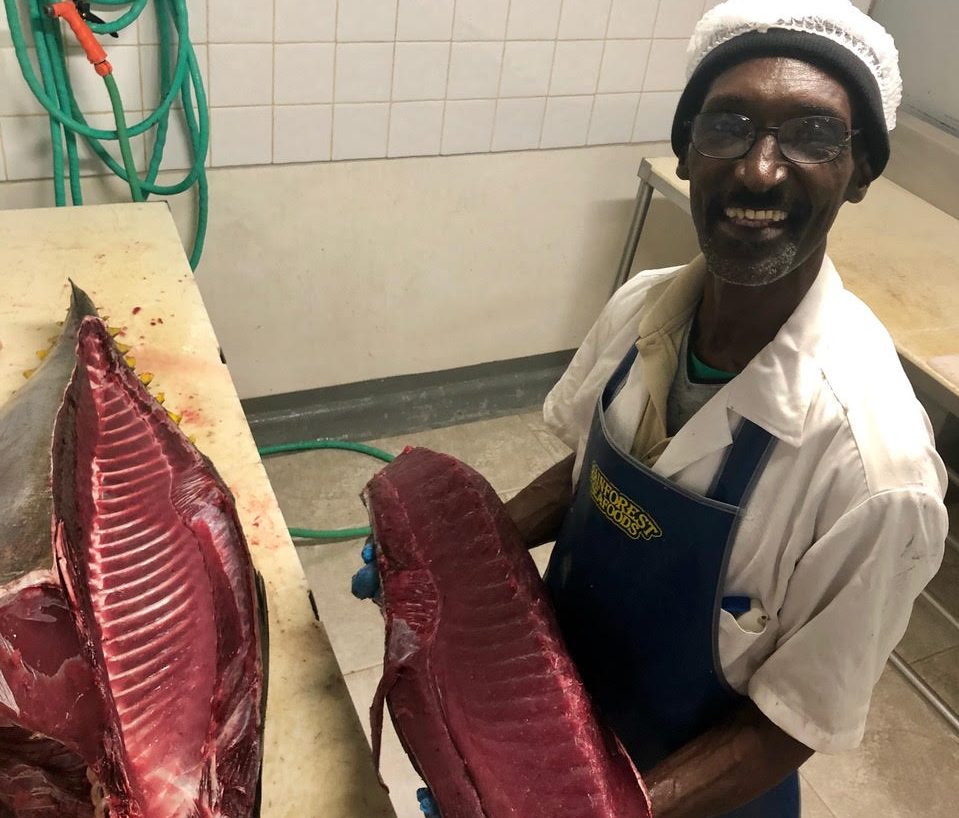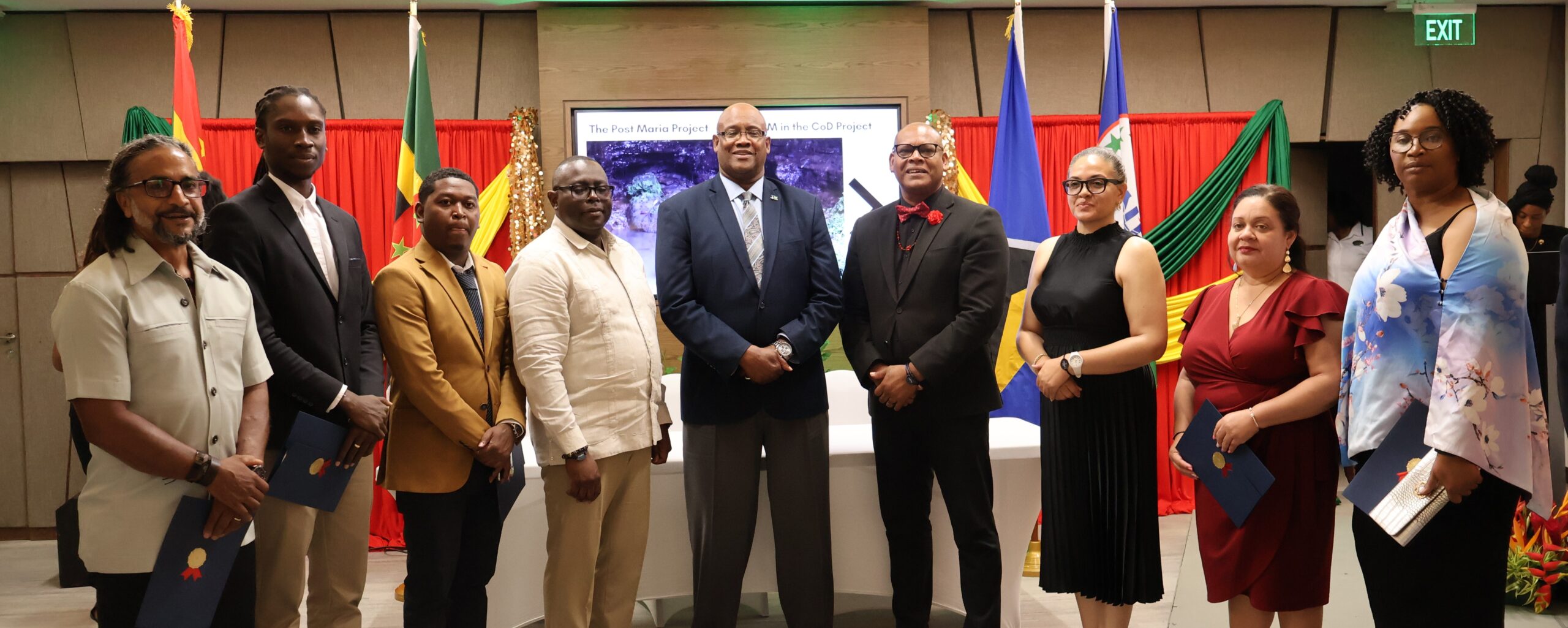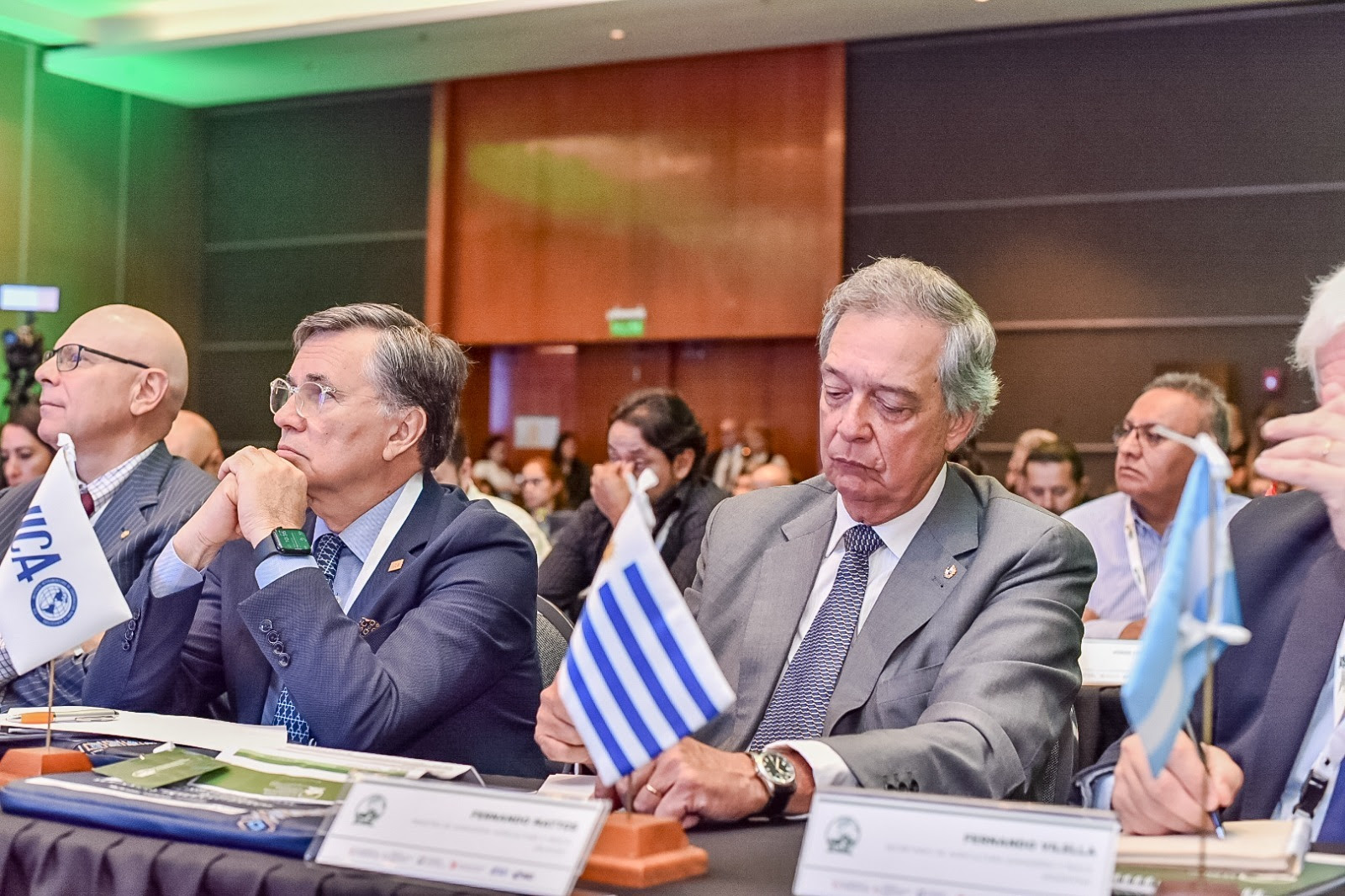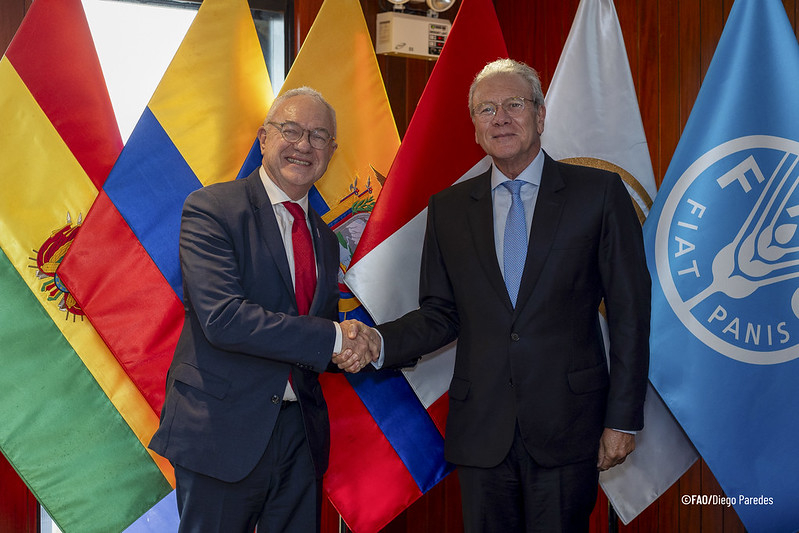By Adelle Roopchand
BRIDGETOWN, Jan 30 2020 (CNS) – Seafood is part of Barbados’ unique agro-tourism experience, but maintaining it could become a costly feat since much of the seafood provided is not local.
“The palate of Barbadians needs to change,” said David Sumpter, Managing Director, Shorelinez Inc.,
“Our palate has a significant impact on the dining/drinking habits of our visitors, and this drives the menu selection at ‘fish fries’ and restaurants around the island.”

Sumpter explained that challenges faced by the sector include find sustainable and viable local fish alternatives to meet the preference of the high demand catch like Marlin.
“While Shorelinez meets the statutory requirements of Barbados and the international market standards, the company foresees issues, which can delay the sector’s sustainability such as the emerging new packaging practices, concession structure and even the historic palate of Barbadians etc… all of which will impact the development of an agro-tourism market,” Sumpter said.
“Public and private partnership to develop an effective plan to promote sustainable local seafood and fish products; Collaboration between Government and private sector stakeholders to identify and certify active stakeholders in the industry, and work towards having the fisheries industry in Barbados certified as sustainable.
“This move towards Barbados certification for sustainable fisheries would signal an effective and efficient collective management of our local seafood towards maintaining a productive and healthy fish stock, which can position Barbados seafood as a lucrative market,” Sumpter added.
Dr Beverley Wood, Project Coordinator, National Agriculture Health and Food Programmes, said, “We have to ensure adherence to the standards of various agencies in the sector to attain sustainability.”
Speaking at an agricultural stakeholders meeting entitled “Promoting Agro-tourism Policy Setting Workshop” organised by the Technical Centre for Agricultural and Rural Cooperation (CTA) and the Inter-American Institute for Cooperation on Agriculture (IICA) in partnership with the Barbados Government, she implored seafood and meat handlers including the restaurants to “adopt best practices for control of food safety hazard; apply robust sanitary and phytosanitary measures, and meet the necessary measure as set out by the relevant health authorities.”
“Several measures were taken to improve the sector including the restoration of the fish market facilities to meet sanitary and phytosanitary international standards for packaging of seafood,” Wood explained.
Ambassador Daniela Tramacere, Delegation of the European Union to Barbados, the ECS, OECS and CARICOM/CARIFORUM said agro-tourism services and products must have the highest standards to ensure its added-value for both Barbados and the tourists, and to fully benefit economically the various sectors must meet international standards.
Meanwhile, Ena Harvey, Barbados Representative, IICA said food tourism is the largest aspect of agro-tourism, and within the Caribbean agro-tourism policy setting framework programme under CTA and the EU, governments are encouraged to consider responsible and sustainable sourcing of produce including seafood for cuisines at hotels and restaurants.





